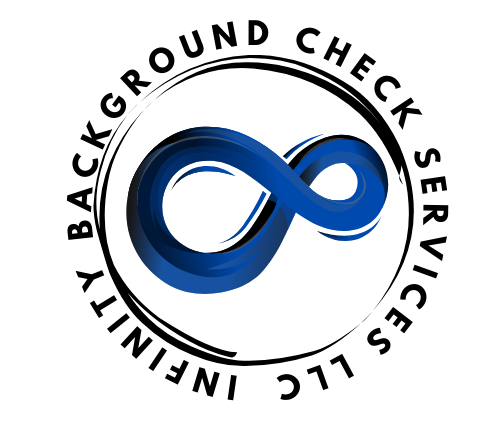Developing a Robust Background Check Screening Process
Background checks are an essential part of the hiring process for any organization. They help employers make informed decisions and ensure the safety and security of their workplace. However, developing a robust background check screening process is crucial to ensure accuracy and compliance with legal requirements.
The first step in developing a background check screening process is to conduct thorough research on the legal requirements and regulations in your jurisdiction. Familiarize yourself with the types of checks that are permissible and the limitations imposed by law.
Next, define the scope of your background checks based on the nature of the job and the responsibilities associated with it. Determine which checks are necessary, such as criminal record checks, employment verification, education verification, and reference checks.
Once you have identified the necessary checks, establish a standardized process for conducting them. This includes determining the sources of information, setting up a system for collecting and storing data securely, and defining the roles and responsibilities of the individuals involved in the screening process.
It is essential to ensure the privacy and confidentiality of the information collected during the background check process. Implement strict data protection measures and establish protocols for handling sensitive information.
Regularly review and update your background check screening process to stay compliant with changing laws and regulations. Conduct internal audits to identify any gaps or areas for improvement and make necessary adjustments.



